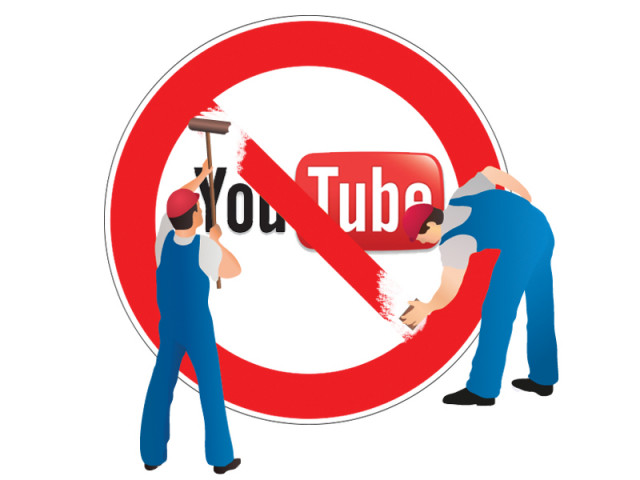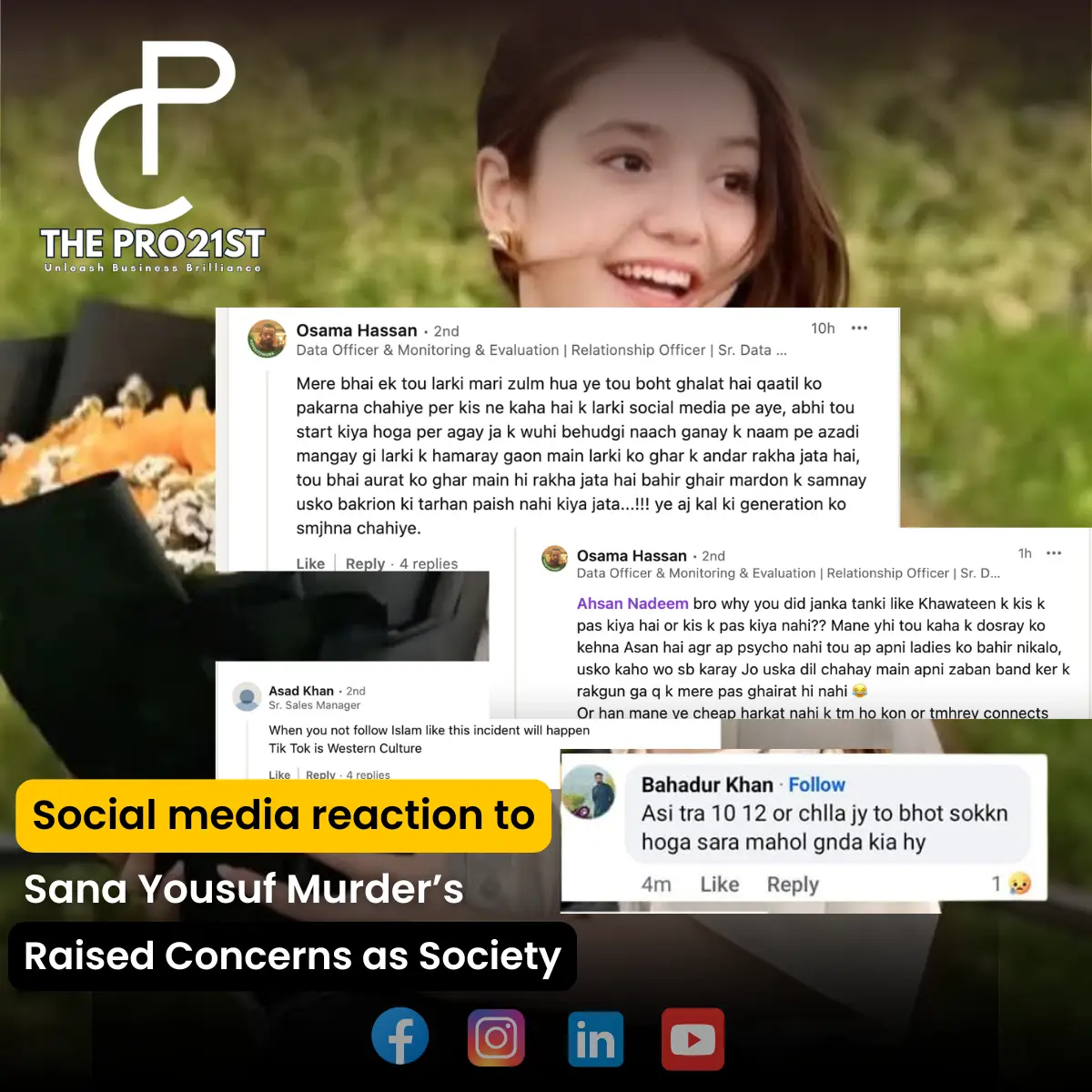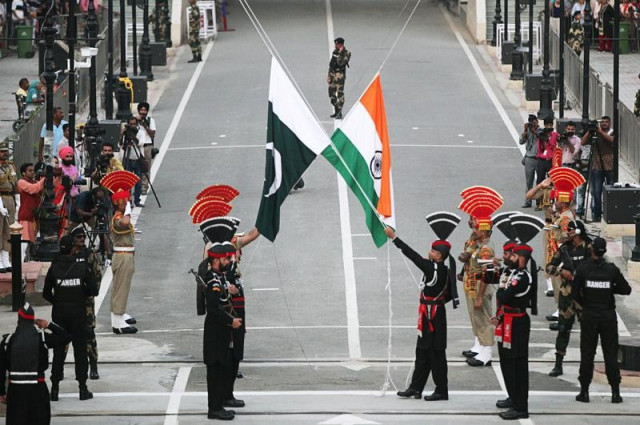YouTube Channels in Pakistan Blocked Over Anti-State Allegations: What You Need to Know
In a significant move, a local court in Islamabad has ordered the blocking of 27 YouTube channels run by Pakistani journalists and content creators. This decision, which stemmed from a request by the National Cyber Crime Investigation Agency (NCCIA), targets channels accused of spreading misleading and potentially harmful content against state institutions.
The court, presided over by Judicial Magistrate Muhammad Abbas Shah, took this step after evaluating claims that the channels propagated false information aimed at inciting fear and unrest among the public. Notable figures like Orya Maqbool Jan and Aftab Iqbal are among those impacted by this ruling, reflecting a broader concern over the role of digital media in shaping public perception and discourse in Pakistan.
What Spurred the Court’s Decision?
According to the NCCIA, these channels have not only muddled facts but have also sought to stir animosity against various state bodies. The agency claimed that the narrative pushed by these content creators could provoke conflicts between the armed forces and the public, undermining national unity.
The court carefully analyzed the evidence presented by the NCCIA, concluding that the content violated the Prevention of Electronic Crimes Act (PECA), 2016. This act is in place to safeguard against digital threats, ensuring that the internet remains a space for healthy and respectful discourse.
Implications for Freedom of Expression
This ruling raises vital questions about freedom of expression in Pakistan. While the government aims to curb the spread of misinformation, the challenge lies in balancing this with the rights of journalists and content creators who often hold a mirror to society. Critics argue that such actions could lead to a chilling effect on free speech, causing creators to self-censor their work out of fear of repercussions.
Conclusion
As the landscape of digital media continues to evolve, the incident highlights the delicate interplay between information freedom and the responsibility that comes with it. The future of these blocked channels remains uncertain, and it will be interesting to see if this decision sparks further debate within the media community.
For those who find themselves intrigued or concerned about the implications of such measures, staying informed and connected is crucial. If you’re keen on discussing digital media and its ever-evolving landscape, consider checking out Pro21st for more insights and community engagement.
At Pro21st, we believe in sharing updates that matter.
Stay connected for more real conversations, fresh insights, and 21st-century perspectives.





